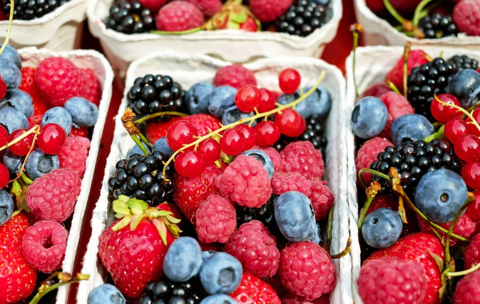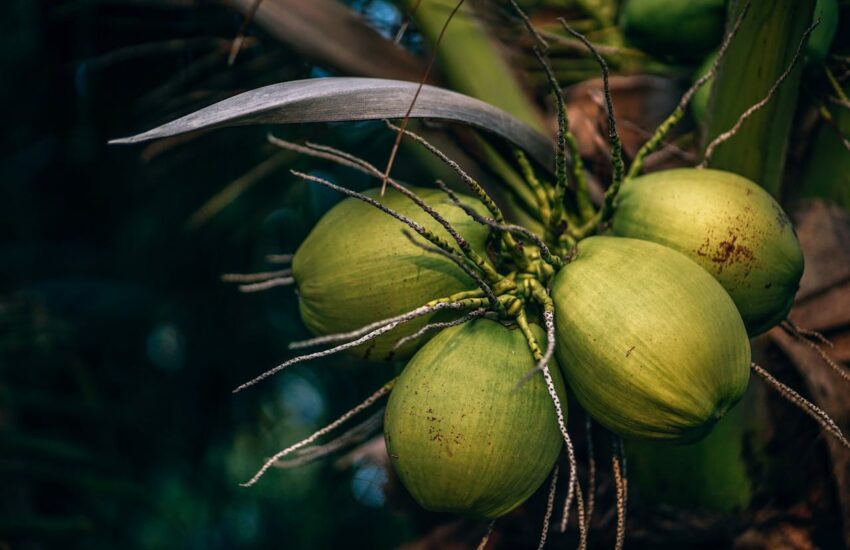This Eating Habit Might Lower Risk of Memory Loss
It’s so important you remember that food is medicine.
Every year, millions of people become dependent on pharmaceuticals to help treat their conditions; and many times, these conditions wouldn’t even be there if they’d have just laid off the McDonald’s and switched over to a diet filled with real, unprocessed foods.
However, one important thing to remember is it’s not just what we eat that affects our health…it’s how much of these healthy foods we eat, too.
When it comes to certain conditions, the frequency you eat certain foods can dramatically affect your health.
However, most people just don’t pick up on this simple fact. Or, they’re just too uninformed to care.
How Fruits and Veggies Change Your Risk For Memory Loss
Take fruits and vegetables, for instance. Everyone knows you’re supposed to eat fruits and veggies as part of a balanced diet. However, for most people, that might mean eating one serving at dinner, or maybe two to three servings split up over the day.
The sad truth is the average person comes nowhere close to hitting the recommended five-a-day servings.
And while any amount of fruit or vegetable consumption is better than nothing…hitting that sweet spot really can do wonders for your health.
In the medical community, we’ve long suspected fruit and vegetable consumption could impact your brain health. But we’ve never really known what the appropriate amount is.
Fortunately, a new study has given us some clues; and, as you might guess, it means eating more – not less.
In a recent study, scientists analyzed what happened to the minds of adults when they ate different amounts of fruits and vegetables.
The study was comprised of 17,700 adults who didn’t have memory loss when the study started. For six years, the scientists monitored the eating habits of these individuals to see how their brain health was affected by the fruits and vegetables they ate.
Through this study, the scientists discovered the more your diet is focused on fruits and vegetables, the better off your brain will be for it.
As Medical News Today wrote on the subject:
“Compared with adults who did not adhere to WHO recommendations for fruit and vegetable intake, adults who consumed three servings of vegetables and two servings of fruits daily were found to be at lower risk of memory loss development over 6 years.
Memory Loss risk was further reduced for adults who consumed an additional three portions of vegetables each day, the team reports.
The results remained after accounting for a number of confounding factors, including age, smoking status, and the presence of other chronic diseases.”
Unfortunately, this study doesn’t explain the mechanism behind this amazing phenomena.
However, it isn’t too hard to guess what it might be.
Research indicates age-related memory loss is caused by inflammation in the body. Inflammation is often caused by excessive amounts of free radicals, as well as the oxidative stress they exhibit on the body.
Fruits and veggies contain antioxidants, which protect you from oxidative stress.
Think Kevin Costner in the Bodyguard.
Obviously, the more antioxidants you get in your body, the safer you might be from the damaging effects of oxidation (i.e. dementia).
So it stands to reason if you build your diet around these dietary superstars, you’re going to be much healthier for it.
Like the sound of that?
Then make sure to eat as many fruits and veggies as you can.
Organic is better, but as long as you wash the produce first to make sure it’s clean, you’re doing great things for your health. Plus, most importantly, doing this can help you avoid ever needing to take costly drugs again.
Talk soon,
Dr. Wiggy
www.HealthAsItOughtToBe.com


